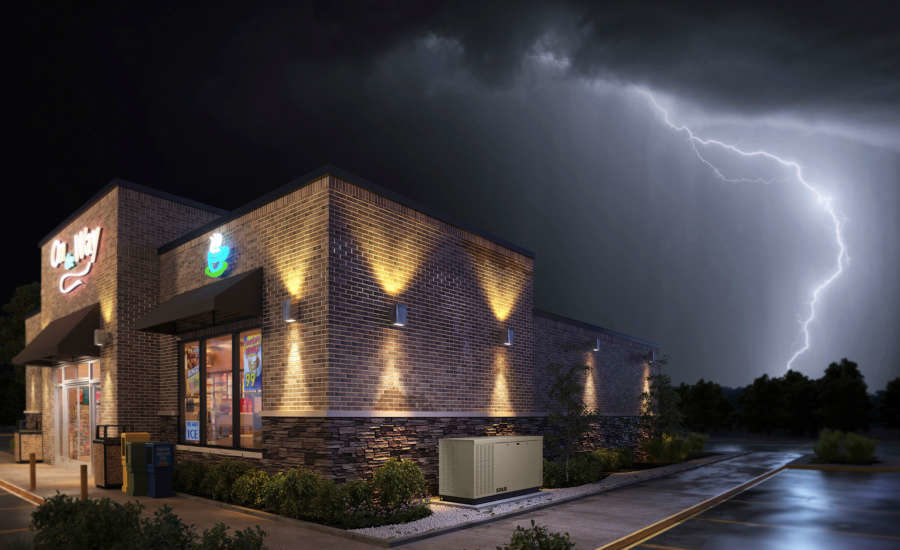Propane’s Part in Emergency Readiness

Enhancing Resilience with Propane During Crises
In disasters, reliable energy sources are critical for both survival and recovery. With its storability, portability, and versatility, propane plays a vital role in disaster preparedness and response efforts. This article delves into how propane serves as a lifeline during emergencies, providing essential heat, power, and cooking capabilities when other energy sources may be unavailable.
Critical Advantages of Propane in Disasters
Storability: Propane’s long shelf life and the ability to be stored in tanks of various sizes make it an ideal energy source for emergency preparedness. Unlike gasoline or diesel, propane does not degrade over time, ensuring a reliable fuel supply when needed.
Portability: Transporting propane tanks easily allows for quick deployment to affected areas, providing immediate relief for heating, cooking, and sanitation needs.
Versatility: Propane can power various appliances and equipment, from portable heaters and generators to cooking stoves and refrigeration units, making it indispensable in multiple disaster scenarios.
Enhancing Disaster Preparedness with Propane
Backup Power: Propane generators offer a dependable power source during electrical outages, ensuring that critical facilities such as hospitals, shelters, and emergency response centers remain operational.
Heating Solutions: In cold weather disasters, propane heaters can prevent hypothermia and frostbite, providing warmth in homes, emergency shelters, and recovery centers.
Cooking and Boiling Water: Portable propane stoves can help with the preparation of hot meals and boiling water, which are crucial for nutrition and sanitation in disaster-hit areas.
Propane in Disaster Response and Recovery
Rapid Response: Propane’s ease of transport and use facilitates swift emergency response efforts, allowing responders to set up temporary heating, cooking, and power stations quickly.
Sustained Recovery: As communities rebuild, propane continues to play a role in powering construction equipment, mobile medical units, and temporary housing, supporting long-term recovery efforts.
Collaborative Efforts for Propane Deployment
Partnerships with Emergency Services: Propane suppliers often work with local emergency services, ensuring a coordinated response and efficient propane distribution during disasters.
Community Preparedness Programs: Educating the community on the safe storage and use of propane can enhance individual and collective preparedness efforts.
Safety Considerations
Safe Storage and Handling: Proper storage of propane tanks and adherence to safety guidelines are paramount, especially in disaster-prone areas, to prevent accidents.
Emergency Training: Providing training on propane-powered equipment during emergencies can empower individuals and communities to utilize propane safely when needed.
A Pillar of Emergency Resilience
Propane’s role in disaster preparedness and response is undeniable, offering a flexible and reliable energy solution when resilience is most needed. By leveraging propane’s unique advantages and integrating it into emergency planning, communities can enhance their ability to withstand and recover from disasters more effectively. As we look to the future, the use of propane will continue to be a cornerstone of comprehensive disaster preparedness and response strategies.












